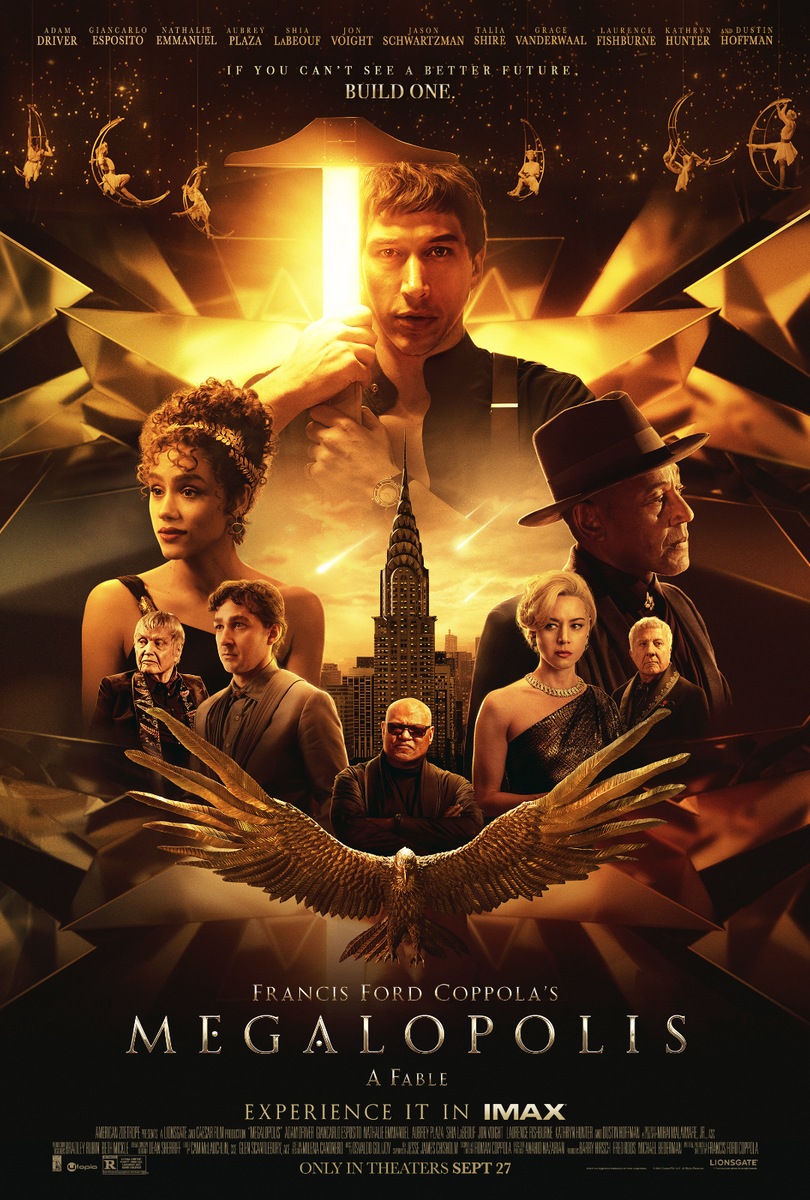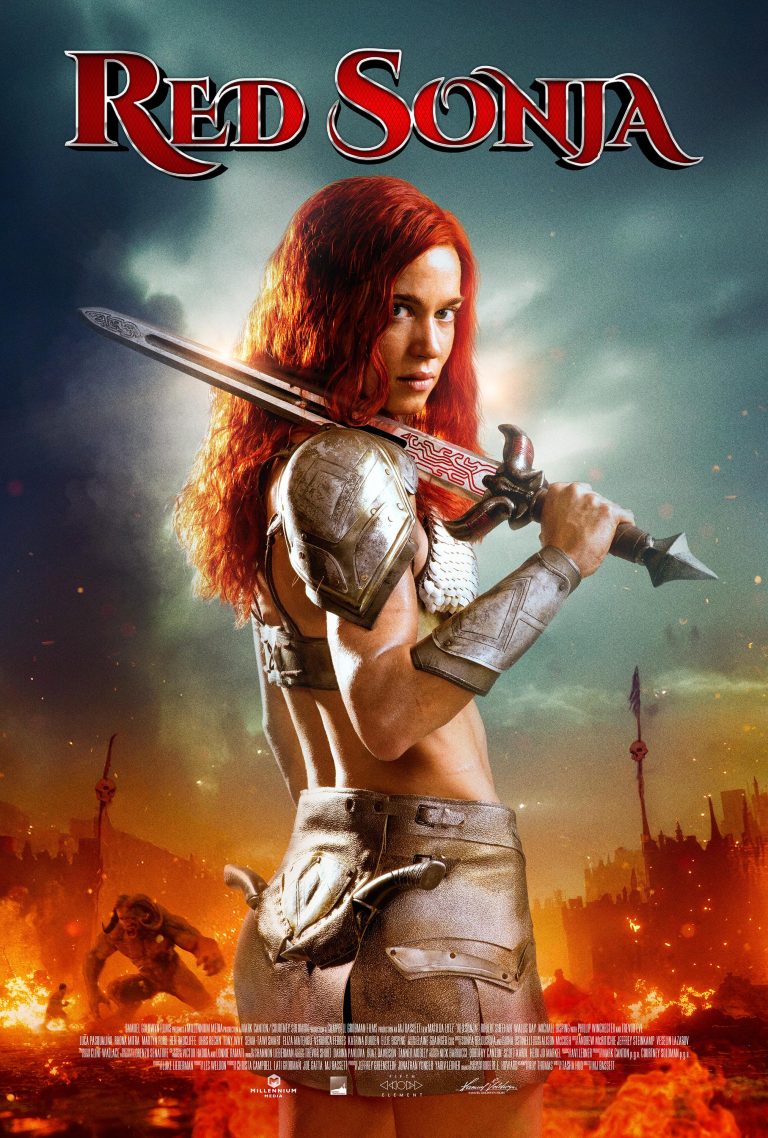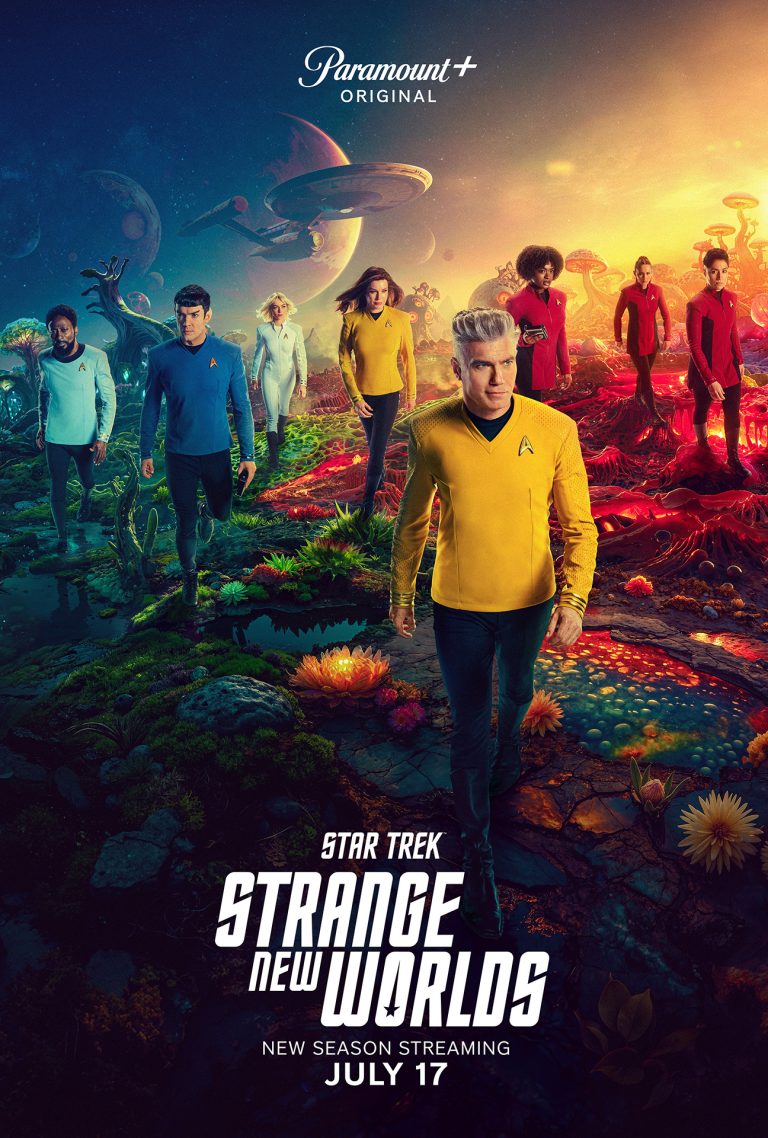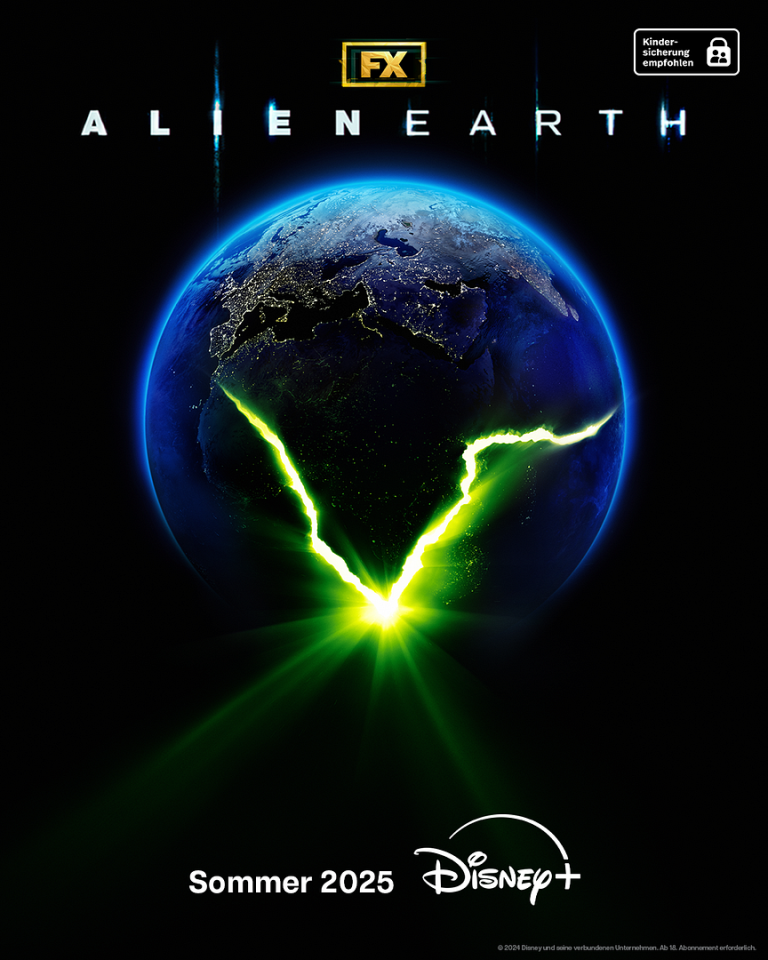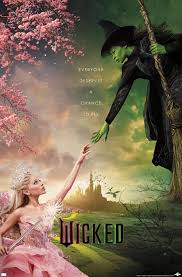Cinema loves an epic—a grand vision that dares to redefine what’s possible on the silver screen. Few names evoke such audacious ambition as Francis Ford Coppola, the man who reshaped Hollywood with The Godfather trilogy and Apocalypse Now. Now, decades later, the legendary auteur has unleashed Megalopolis, a film so colossal in scope and ambition that it almost defies categorization. But does it live up to its gargantuan aspirations? And what does it reveal about the state of modern cinema?
Decades in the Making
First conceived in the 1980s, Megalopolis represents Coppola’s magnum opus, a project he described as “A love letter to civilization itself.” Set in an alternate version of New York City known as New Rome (which is a bad start), the story follows architect Cesar Catilina (Adam Driver, Star Wars) as he battles political and societal forces to construct a utopian city after a catastrophic event leaves the metropolis in ruins. Opposing him is Mayor Franklyn Cicero (Giancarlo Esposito, Star Wars Mandilorian), whose conservative ideology clashes with Cesar’s visionary zeal.
The narrative is a philosophical exploration of idealism versus pragmatism, laced with allegories about the fall and rebirth of civilizations. Coppola’s cinematic language—a mix of operatic set pieces, surreal imagery, and heartfelt drama—seeks to inspire audiences to ponder humanity’s potential for greatness and its susceptibility to self-destruction.
A Cast Fit for a Monument
Megalopolis boasts an ensemble cast that’s as eclectic as its themes. Adam Driver delivers a magnetic performance as Cesar, embodying both the fervor of an artist and the torment of a man misunderstood. Giancarlo Esposito’s Cicero is the perfect foil, a portrait of restrained authority that simmers with barely concealed frustration. Aubrey Plaza’s enigmatic Wow Platinum and Nathalie Emmanuel’s luminous Julia add depth and mystique to the tale, while the supporting cast—featuring Laurence Fishburne, Forest Whitaker, and Shia LaBeouf—brings gravitas to even the smallest roles.
Critical Divide: A Masterpiece or a Mess?
Upon its release, Megalopolis polarized critics. While some hailed it as a bold, singular vision—a film that dares to dream big in an age of franchise fatigue—others dismissed it as incoherent and overly indulgent.
“A zero-star disaster,” proclaimed one critic, lambasting its narrative structure and uneven pacing. Yet others saw brilliance in its chaos. “It’s a challenge worth accepting,” wrote The Australian, likening it to “watching an epic poem unfold on screen.” Such starkly contrasting opinions have only fueled its allure, making Megalopolis a must-see for cinefiles eager to form their own verdict.
Unfortunately though, after a viewing we can see why the critics might laud this movie, its massive vision and its artistic cinematography. It simply doesn’t deliver. The use of Shakespearean language and themes along with the anarchic (as usual for LaBeouf) performance make this a hard watch. The acting itself is just fine but the language, the story the execution all make this something that many critics did not like at all and this is an opinion that i have to agree with. it was a painful experience that should not be repeated. It does have some positives, the cinematography is excellent, the CGI is first rate at 4k this is something you should see in the background just don’t waste your time on it.
Box Office and Beyond
Despite its mixed reviews, Megalopolis has performed respectably at the box office, grossing $150 million globally within its first month. Though far from a blockbuster in the vein of Marvel or DC, the film’s modest budget of $120 million ensures it’s already turning a profit. Additionally, its release on streaming platforms has broadened its reach, allowing audiences worldwide to engage with Coppola’s magnum opus from the comfort of their homes.
Themes That Resonate
At its core, Megalopolis is a meditation on humanity’s eternal struggle between ambition and limitation. Coppola’s vision of a utopia isn’t a glossy, unattainable dream but a flawed, messy endeavor fraught with compromise. In Cesar’s unrelenting quest, audiences see a reflection of our own desires to build something enduring, even as forces of skepticism and cynicism threaten to tear it down.
The Legacy of Megalopolis
So, where does Megalopolis stand in Coppola’s storied career? While it may not achieve the universal acclaim of his earlier masterpieces, it’s undoubtedly a work of unparalleled ambition—a testament to the enduring power of auteur-driven cinema. In an industry increasingly dominated by formulaic blockbusters, Megalopolis is a rare anomaly: a film that dares to dream and invites us to dream along with it.
Love it or loathe it, Megalopolis is a film that demands to be experienced. And perhaps, in its messy, glorious audacity, lies its true brilliance.





